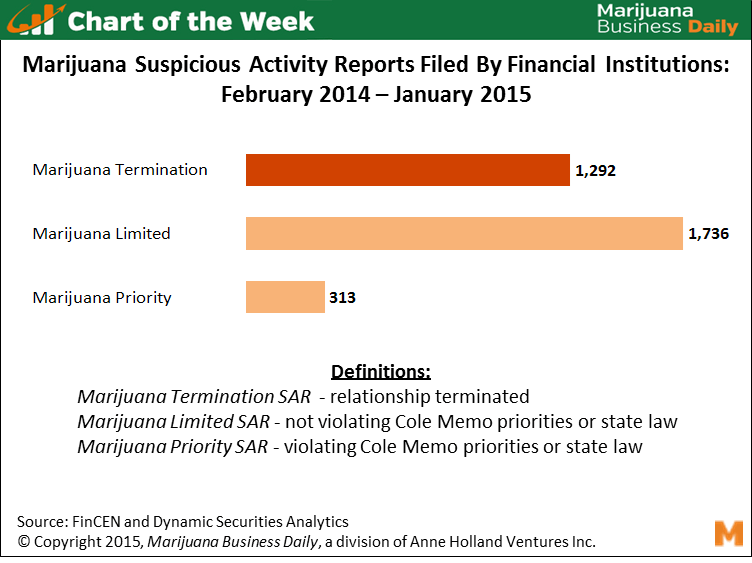By John Schroyer
Los Angeles City Attorney Mike Feuer has launched a crusade on illegal dispensaries, announcing this month that his office has shuttered more than 500 cannabis businesses in roughly two years.
“It’s 514 now,” Rob Wilcox, Feuer’s director of community outreach and engagement, said on Monday. “It’s tremendous progress … you’ll see less and less of them week by week.”
Feuer’s agency estimates there’s only “a few hundred” left that the city needs to shut down until only the 135 allowed by law remain operating under the requirements of Proposition D, the regulatory ballot measure city voters approved two years ago.
But those in the city’s MMJ industry tell a different story.
“He said he closed 500 dispensaries, but he doesn’t say a word about the 600 that opened after that,” said Yamileth Bolanos, who runs PureLife Alternative Wellness Center, which qualifies to stay open under the 2013 law.
Bolanos and others who are doing their best to operate within the bounds of the law say that what Feurer’s department doesn’t want to admit is how the MMJ dispensary industry in L.A. is like a revolving door: When an illegal shop is closed, the operator often simply finds a new location and re-opens – or, increasingly, launches a delivery-only service.
Bolanos said she knows one dispensary owner struggling to run a legal business, even though he’s surrounded by 17 illegal dispensaries within just a few blocks of his operation.
Aaron Justis, the president of Buds and Roses Collective, estimates that there are still around four or five illegal dispensaries for every legal one.
“They may have closed down 400 or 500…but how many have re-opened is the question,” Justis said.
The problem is that the illegal shops have an edge over those who are trying to follow the rules, he said.
Wilcox tried to downplay concerns over shuttered dispensaries re-opening, and said the city attorney’s office “is on it.”
“There may be some new shops that may pop up, or old shops that have closed that move, but we have a very successful enforcement strategy,” Wilcox said.
Both Justis and Bolanos said their businesses are still seeing about the same number of customers as they were getting in 2013, which supports the assertion that illegal dispensaries are still alive and well.
In addition, it’s really easy for MMJ operations – even those on the legal fringe – to find loopholes that help them stay in business. And the city hasn’t done a good job in shutting those loopholes, Justis asserted.
“The biggest issue right now is that the Office of Finance still issues medical marijuana tax registration certificates to anyone who walks in the door,” Justis said. Unscrupulous individuals “use that to rent properties from confused landlords.”
In the first three months of 2015, the L.A. Office of Finance issued 97 such certificates. In 2014, it issued 285.
Industry consultant Sean Donahoe noted that many of those certificates could be for MMJ delivery services, which have also proliferated in popularity around the Los Angeles metro area, but are also arguably illegal under the terms of Proposition D.
Even so, he said one of the stories he hears most often from dispensary owners who get shut down is that once they leave their former business space, a new and just-as-illegal dispensary takes its place.
“So for every one they shut down, they create two,” Donahoe said. “It may be an exercise in futility.”
Bolanos, Donahoe and Justis all credited Feuer and the city with trying their best to regulate the industry and give it long-needed legitimacy, but said there’s still a long way to go.
Bolanos added, “The city attorney, he may mean well, but as much as he’s tried, he hasn’t done anything.”
Those three all also worry about what may happen next year if the city and the state don’t get their regulatory houses in order before voters weigh in on recreational marijuana. If rec is legalized next November, they said, it’ll create chaos if the state hasn’t adopted a rule system for MMJ businesses by then.
John Schroyer can be reached at johns@mjbizmedia.com




